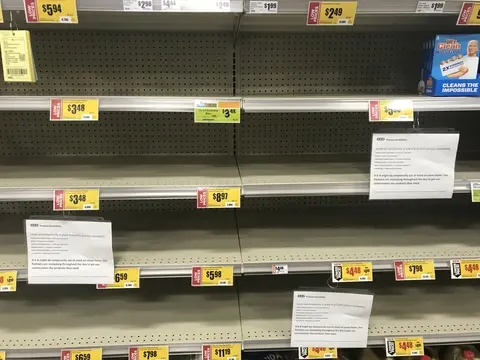
Market
Market – definition
A market is an arrangement between buyers and sellers to exchange goods or services for money. Markets are the fundamental means by which scarce resources are allocated a price, and are essential to the operation of the price mechanism.
Markets form under certain conditions, and where these conditions are not met markets struggle to form.
Conditions for market formation include the existance of:
- Buyers who expect a pay-off in terms of the satisfaction of a want or a need – referred to as utility.
- Purchasing power, which enables buyers to convert their wants or needs into ‘effective demand’.
- Sellers who expect a pay-off, firstly in terms of the revenue they need to cover their production costs, and secondly to generate a profit, which is excess revenue over costs.
- Means of ‘communication’ between buyers and sellers so that preferences can be indicated and goods and services offered for sale. In early market forms it was essential that buyers and sellers met, or at least that their representatives met – however, new technologies have meant that buyers and sellers no longer need to meet in the same physical space.
- Knowledge is balanced between buyers and sellers, so that one partly cannot persistently exploit the other party by withholding relevant information. Markets can breakdown when information is not available to all parties.
- A medium of exchange to facilitate a market transaction – namely, money or credit.
- The ability to pay at a later date – called deferred payment.
- A legal system which enables both buyers and sellers to be protected through civil law, such as contracts, and through criminal law, such as laws against theft.
- Property rights so that individual sellers have the right to sell, and buyers have to right to buy, and to own what they have bought.
- In addition, markets require a financial system to enable individuals and firms to borrow if they need to and to save when they have surplus funds.


